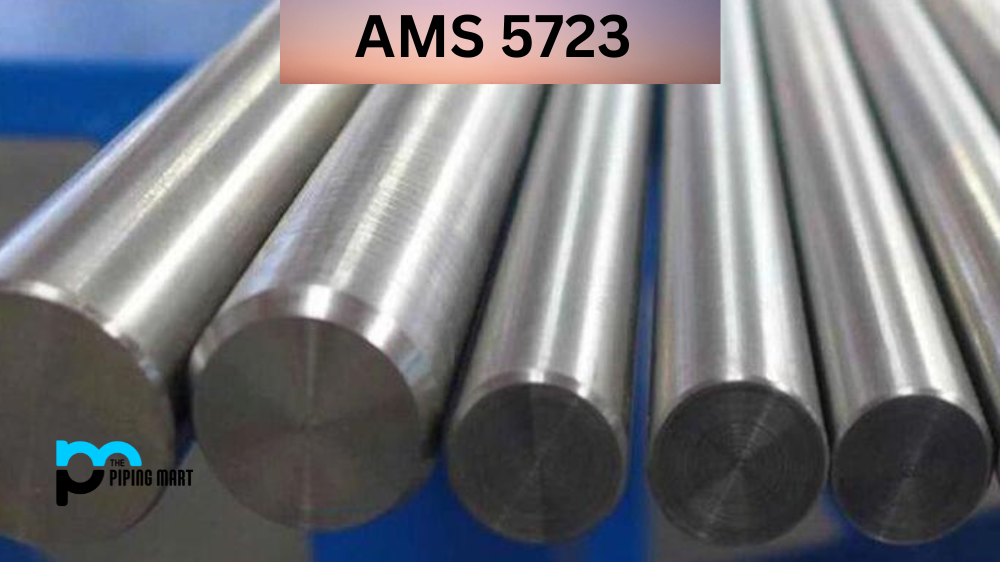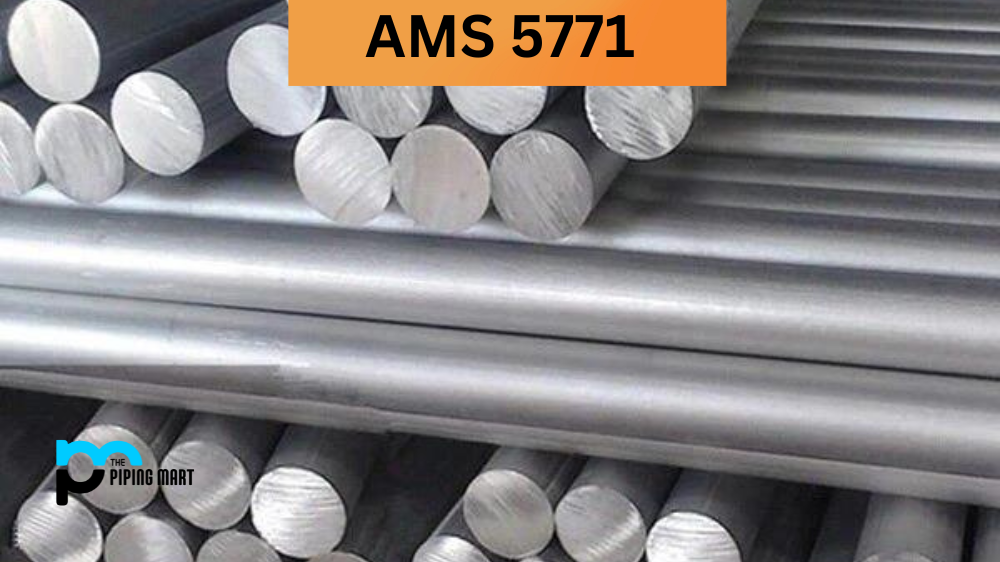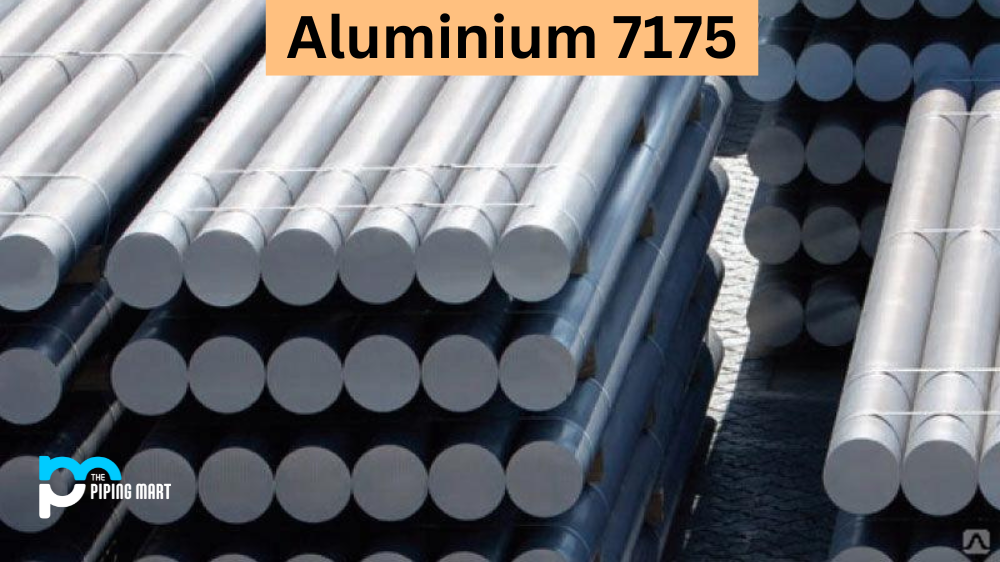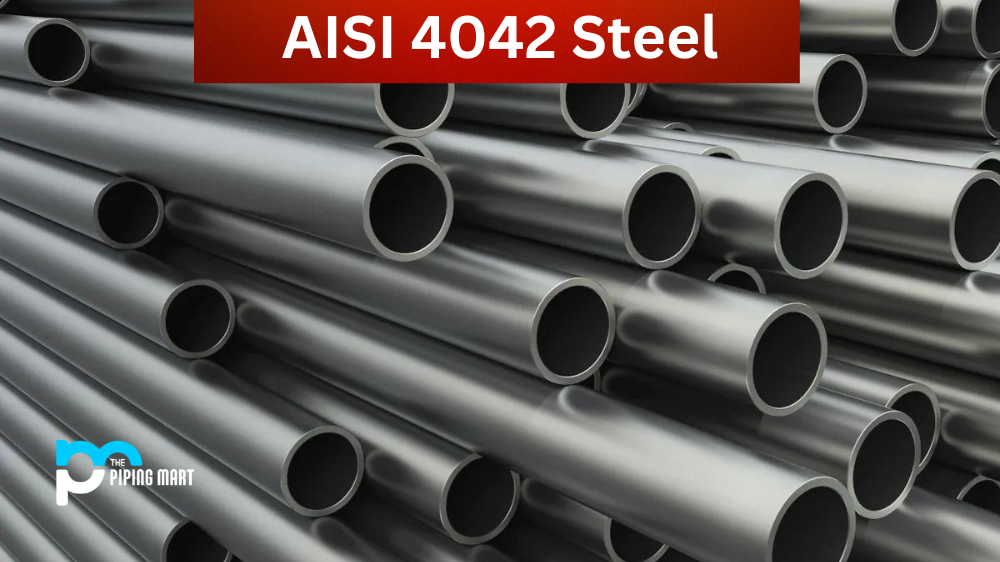AMS5723 is a high-strength alloy steel commonly used in aviation, aerospace, and defence applications. This alloy offers exceptional mechanical and physical properties that make it ideal for high-performance applications where strength, durability, and resistance to wear and tear are crucial. This blog post will provide a detailed guide to AMS 5723, including its composition, physical properties, mechanical properties, uses, hardness, and heat treatment.
What is AMS 5723?
AMS 5723 (also known as Stainless Steel A-286) is a type of steel often used in the aerospace and defence industries. This high-strength alloy offers excellent corrosion resistance and can withstand extreme temperatures, making it perfect for applications where durability and dependability are critical. But AMS5723 is more than just strong and reliable – it’s also incredibly versatile. From structural components to landing gear, this alloy has myriad uses. Plus, with its consistent and predictable properties, engineers and manufacturers can rely on AMS5723 to deliver exceptional performance every time. Whether you’re building the next generation of aircraft or designing advanced weaponry, AMS5723 is a critical material that will help ensure your project’s success.
AMS 5723 Composition
AMS 5723 is a low-carbon, high-nickel, and high-chromium steel alloy. Its composition includes 0.15% carbon, 23% nickel, 19% chromium, and small amounts of other elements such as manganese, silicon, and sulfur. The alloy’s composition makes it resistant to corrosion, heat, and wear and tear while providing excellent strength and toughness.
| Element | Content (%) |
|---|---|
| Iron, Fe | 54 |
| Nickel, Ni | 25.5 |
| Chromium, Cr | 14.8 |
| Titanium, Ti | 2.13 |
| Molybdenum, Mo | 1.30 |
| Manganese, Mn | 1.0 |
| Silicon, Si | 0.50 |
| Vanadium, V | 0.30 |
| Aluminum, Al | 0.18 |
| Carbon, C | 0.040 |
| Phosphorous, P | 0.020 |
| Sulfur, S | 0.015 |
| Boron, B | 0.0060 |
AMS 5723 Physical Properties
The physical properties of AMS 5723 include a high melting point of 1484°C, a density of 7.85 g/cm³, and a thermal conductivity of 17.9 W/m-K. This alloy also has a low coefficient of thermal expansion at room temperature, which makes it suitable for use in high-temperature applications where thermal expansion can cause deformation or cracking.
| Properties | Metric | Imperial |
|---|---|---|
| Density | 7.92 g/cm3 | 0.286 lb/in3 |
| Melting point | 1399°C | 2550°F |
AMS 5723 Mechanical Properties
AMS 5723 offers exceptional mechanical properties, including high tensile, yield, and fatigue strength. The alloy can withstand high loads without deformation or failure, making it ideal for critical applications. The tensile strength of AMS 5723 is 1050 MPa, the yield strength is 700 MPa, and the fatigue strength is 20,000 psi.
| Properties | Metric | Imperial |
|---|---|---|
| Tensile strength | 1035 MPa | 150100 psi |
| Yield strength (@strain 0.200%) | 759 MPa | 110000 psi |
| Elongation at break | 25% | 25% |
| Reduction of area | 40% | 40% |
| Hardness, Brinell (estimated from Rockwell C value for Brinell test with 3000 kg load/10 mm diameter ball) | 304 | 304 |
| Hardness, Knoop (estimated from Rockwell C value) | 330 | 330 |
| Hardness, Rockwell C | 32 | 32 |
| Hardness, Vickers (estimated from Rockwell C value) | 318 | 318 |
AMS 57233 Equivalents
| AISI 660 | AMS 5525 | AMS 5726 | UNS S66286 | AMS 5734 |
| AMS 5731 | AISI 662 | AMS 5737 | AMS 5804 | AMS 5895 |
| AMS 5853 | AMS 5805 | AMS 5858 | DIN 1.4943 | SPS M250 |
| DIN 1.4944 | GE B50T81 | GE B50T12 | GE B50T1181 | ASTM A453 Grade 660 |
| ASTM A638 Grade 660 | stainless steel A-286 |
AMS 5723 Uses
AMS 5723 is commonly used in aerospace and defence applications, such as aircraft engines, landing gear, and missile components. It also manufactures high-performance bearings, gears, and shafts that require exceptional strength, toughness, and wear resistance. Its excellent corrosion resistance and strength suit marine and offshore applications.
AMS 5723 Hardness
AMS 5723 is a high-strength alloy that is also known for its hardness. The alloy has a Rockwell hardness of 40, which makes it tough and resistant to deformation. This hardness also indicates that the alloy will provide a longer service life when compared to other alloys under similar conditions.
AMS 5723 Heat treatment
AMS 5723 is a heat-treatable alloy, which means that its properties can be enhanced by heat treatment. The alloy can be quenched and tempered to increase its strength and hardness, making it ideal for high-performance applications. Optimal heat treatment conditions depend on the application and are usually specified by the manufacturer.
Conclusion:
AMS 5723 material is a high-performance alloy steel with exceptional strength, toughness and wear resistance. Its composition, physical properties, mechanical properties, uses, hardness and heat treatment make it ideal for high-stress applications requiring strength, toughness, and corrosion resistance. The alloy’s properties make it popular in aerospace, defence, marine, and offshore applications, where performance is crucial. By understanding the properties and uses of AMS 5723, you can select the right alloy for your application and ensure that your design meets your requirements for strength, durability, and longevity.

Abhishek is a seasoned blogger and industry expert, sharing his insights and knowledge on various topics. With his research, Abhishek offers valuable insights and tips for professionals and enthusiasts. Follow him for expert advice on the latest trends and developments in the metal industry.




